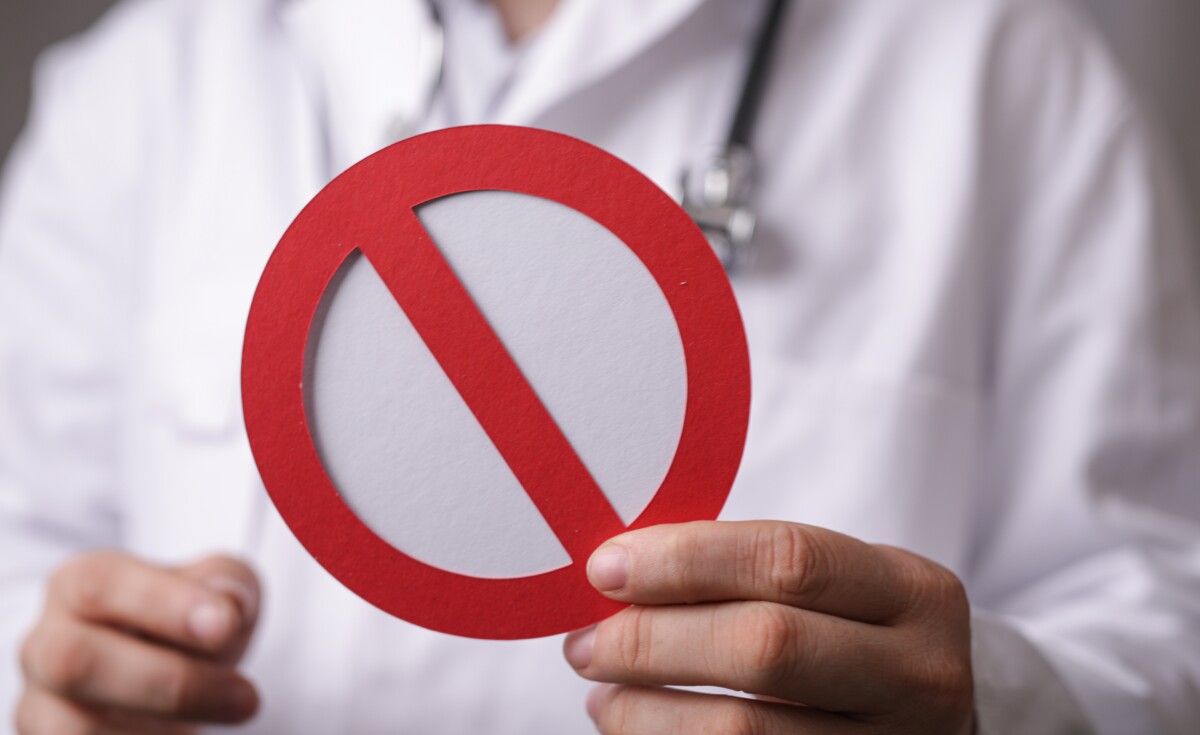Health Insurance Laws: Is It Illegal to Go Without Coverage?
Understanding health insurance requirements is essential for navigating the U.S. healthcare system. Many people ask, is it illegal to not have health insurance? The answer varies by state, but knowing the context is important. The Affordable Care Act (ACA) of 2010 introduced an individual mandate requiring most Americans to have health insurance or face a penalty. This mandate was eliminated in 2019, raising questions about the legality of being uninsured today.
Understanding Health Insurance Requirements
What Does This Mean for You?
- No Federal Penalty: There is no longer a federal penalty for being uninsured.
- State Variations: Some states, like California and Massachusetts, still impose their own mandates.
- Health Risks: Being uninsured can lead to significant financial risks during medical emergencies.
The Importance of Health Insurance
While it may not be illegal to be uninsured, having health insurance is crucial for financial protection, access to care, and peace of mind. In conclusion, while the legality of not having health insurance may seem clear, the implications are complex. Consider your health needs and financial situation when deciding on coverage.
The Affordable Care Act and Its Impact
The Affordable Care Act (ACA), enacted in 2010, significantly transformed the American healthcare system. A key question that emerged was: is it illegal to not have health insurance? The ACA aimed to increase coverage and reduce the uninsured population, introducing the individual mandate that required most Americans to have health insurance or face a penalty. However, the Tax Cuts and Jobs Act of 2017 eliminated this penalty starting in 2019, raising questions about the legality of not having insurance.
What Was the Individual Mandate?
- Required individuals to maintain health insurance coverage.
- Non-compliance resulted in a tax penalty to encourage enrollment.
- The penalty was based on income percentage or a flat fee.
With the penalty removed, it is no longer illegal to be uninsured, but having health insurance is still advisable due to high medical costs.
Current State of Health Insurance in the U.S.
- Approximately 28 million Americans remain uninsured as of 2023.
- Some states have reinstated their own mandates, creating a complex regulatory environment.
Staying informed about local laws and coverage options is essential for consumers.
Penalties for Not Having Health Insurance
Many people ask, is it illegal to not have health insurance? This question became prominent with the Affordable Care Act (ACA), which aimed to increase insured Americans. Understanding the penalties for not having health insurance is crucial, especially in the U.S. healthcare landscape.
Penalties vary by state. Although the federal mandate was eliminated in 2019, some states have their own requirements.
State-Specific Penalties
- California: $800 per adult and $400 per child, maxing at $2,000 per family.
- Massachusetts: Up to $1,200 per adult.
- New Jersey: $695 per adult or 2.5% of household income, whichever is greater.
These penalties can significantly affect your finances, especially during tax season.
Federal Penalties
While the federal penalty is gone, being uninsured can lead to high medical costs and limited access to care. In summary, while not illegal federally, being uninsured can have serious financial and health implications. Stay informed about your state’s laws and consider your coverage options.
State-Specific Health Insurance Laws
The legality of not having health insurance has become a significant issue in the U.S., especially with the Affordable Care Act (ACA) in place. Health insurance laws vary by state, making it essential to understand these regulations as they can affect your financial health and access to care.
States have adopted different approaches to health insurance mandates. For instance, California requires residents to have coverage or face penalties, which can be steep—$800 per adult and $400 per child in 2021.
Massachusetts was a pioneer in this area, enforcing an individual mandate before the ACA, resulting in about 97% of residents having insurance in 2020.
New Jersey also has a mandate, with penalties similar to California’s, leading to a compliance rate of around 90% in 2020.
While not illegal to lack insurance in every state, those with mandates face significant financial consequences. Understanding your state’s laws is crucial to avoid penalties and ensure access to healthcare services.
Exceptions to Health Insurance Mandates
The legality of not having health insurance has become a hot topic, especially with the Affordable Care Act (ACA) mandating coverage. Many individuals are unsure of their legal responsibilities and the consequences of being uninsured. It’s essential to understand the exceptions to these mandates to navigate this complex landscape effectively.
Not everyone is required to have health insurance. Here are key exceptions:
1. Financial Hardship
- Individuals below the tax filing threshold.
- Those facing significant unexpected medical expenses.
- People experiencing homelessness.
2. Religious Exemptions
- Members of religious sects opposing insurance.
- Individuals whose beliefs prevent them from obtaining coverage.
3. Short-Term Coverage
- Those with temporary gaps in employment.
- Students transitioning between schools or jobs.
4. Age and Other Exceptions
- Children under 26 on their parents’ plan.
- Individuals who are incarcerated or not lawfully present in the U.S.
Understanding these exceptions is crucial, especially since some states impose penalties for being uninsured, despite the federal penalty being eliminated in 2020.
The Importance of Health Insurance Coverage
Many people ask, “is it illegal to not have health insurance?” This question has become more relevant since the Affordable Care Act (ACA) was enacted, which introduced mandates for health coverage. Understanding the importance of health insurance is crucial for both legal compliance and overall well-being.
Understanding Health Insurance Coverage
Health insurance serves as a safety net for unexpected medical expenses, protecting individuals from significant financial burdens. Here’s why it’s essential:
Financial Protection
- High Medical Costs: Emergencies can lead to bills in the thousands, and insurance helps mitigate these costs.
- Preventive Care: Many plans cover preventive services at no cost, allowing early detection of health issues.
Access to Quality Care
- Network of Providers: Insurance plans provide access to a network of doctors and hospitals for quality care.
- Specialist Referrals: Insurance simplifies getting referrals to specialists, crucial for managing chronic conditions.
Peace of Mind
- Reduced Stress: Coverage alleviates anxiety about health crises.
- Focus on Health: With insurance, you can prioritize health without financial worries. In summary, while the legality of not having health insurance may vary, its importance for financial protection and access to care is undeniable.
Future of Health Insurance Legislation
As we consider the future of health insurance legislation, a key question arises: is it illegal to not have health insurance? This question is crucial as it relates to health care access, individual rights, and government regulations. Understanding the evolving laws can help individuals make informed health care decisions.
The Changing Landscape of Health Insurance Legislation
The future of health insurance is uncertain, influenced by several factors:
- Political Climate: Changes in party control can significantly affect health care reform focus.
- Public Opinion: Growing awareness of health care issues can sway lawmakers, with many citizens supporting universal health care.
- Economic Factors: Conditions like unemployment and inflation impact insurance availability and affordability.
Potential Changes to Health Insurance Mandates
The Affordable Care Act (ACA) once imposed penalties for lacking insurance, but this is changing:
- State-Level Mandates: Some states now require coverage, creating a patchwork of laws.
- Federal Legislation: Future laws may reinstate penalties or offer new incentives.
- Public Health Initiatives: A focus on public health could reduce the need for mandates.
The Importance of Staying Informed
It’s vital to stay updated on health insurance laws and consult experts to navigate this complex landscape effectively.
FAQs: Is It Illegal to Not Have Health Insurance?
1. Is it illegal to not have health insurance?
No, it is not illegal at the federal level, but some states require coverage and may impose penalties.
2. Which states require health insurance?
A few states have individual mandates with penalties, but rules vary based on where you live.
3. Will I face federal penalties for not having insurance?
No. The federal penalty was removed, so there’s no nationwide fine.
4. Why do some states still require health insurance?
State mandates help reduce uninsured rates and stabilize insurance markets.
5. Can I still get health insurance if I don’t have it now?
Yes. You may enroll during open enrollment or qualify for a special enrollment period.
6. Are there exceptions if my state requires insurance?
Yes. Hardship and affordability exemptions may apply depending on state rules.
Final Thoughts
Understanding whether it’s illegal to not have health insurance depends largely on where you live. While there’s no federal penalty anymore, several states still require coverage. Knowing your local rules helps you avoid potential fines and ensures you make informed decisions about your health and financial protection.
Ready to save on your health coverage? Get free quotes now at InsuranceShopping.com or call 📞 (833) 877-9927!






